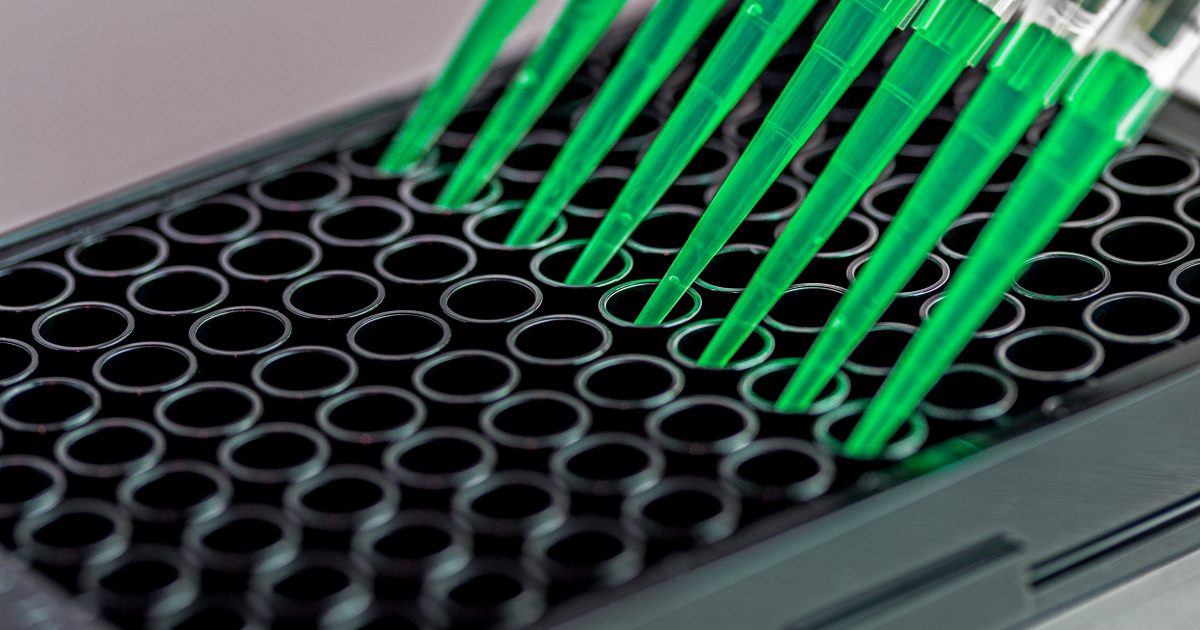Invitae Opens Genetic Testing to Adults With ALS Symptoms or Family Risk

People at risk or suspected of having some of the most common neurodegenerative disorders, including amyotrophic lateral sclerosis (ALS), may now access a genetic test at no charge that could diagnose the condition, and open the way to treatment.
Launched by Invitae, the Adult Neurodegenerative Disorders Sponsored testing program is available to eligible individuals, ages 18 and older, in the U.S., Canada, Australia, and Brazil.
The program is the latest of the company’s efforts to make genetic testing more accessible, through sponsored screenings and counseling covered by program sponsors. Its stated goal is to enable patients to confirm diagnoses, receive appropriate treatment, identify at-risk family members, and participate in clinical trials.
“Early access to genetic testing has been shown to significantly speed time to diagnosis in neurological conditions,” Robert Nussbaum, MD, chief medical officer of Invitae, said in a press release.
“By offering no-charge, sponsored testing we are removing another barrier to testing, helping more patients benefit from genetic-informed care,” he added.
The neurodegenerative program specifically covers patients with symptoms or a family history of ALS, Parkinson’s disease, frontotemporal dementia, early onset Alzheimer’s disease (age 65 or younger), and hereditary prion disease.
To be eligible, patients must be 18 or older and have symptoms that lead to a clinical diagnosis or suspicion of one of these diseases. Those without symptoms may also access the free genetic test if they have a family history of early onset in these diseases, or a family member with a disease-causing mutation in one of the genes tested in the panel.
All testing must be ordered through a doctor.
Like other neurodegenerative diseases, ALS can be difficult to diagnose due to a lack of reliable tests and overlapping symptoms with other conditions. Genetic testing can detect neurodegenerative disorders in early stages, in some cases before patients exhibit symptoms, allowing for earlier treatment that may lead to better outcomes.
Of note, because mutations in the C9orf72 gene — the most common genetic cause of ALS — involve a gene expansion that cannot be detected in more common genetic analyses, the current program does not test for this gene. Patients who test negative for other ALS-causing mutations (up to 30 genes are tested) may consider additional C9orf72 genetic testing.
“As I have seen before for many other conditions, there is a virtuous cycle in which increased access to testing leads to earlier and better diagnoses that spurs the development of new therapies and in turn drives increased access to testing and better care,” Nussbaum said.
Clinical support and post-test genetic counseling may also be available to people in the U.S. and Canada who receive positive test results.
Information that might identify a person will not be shared with program sponsors, Invitae stated.






